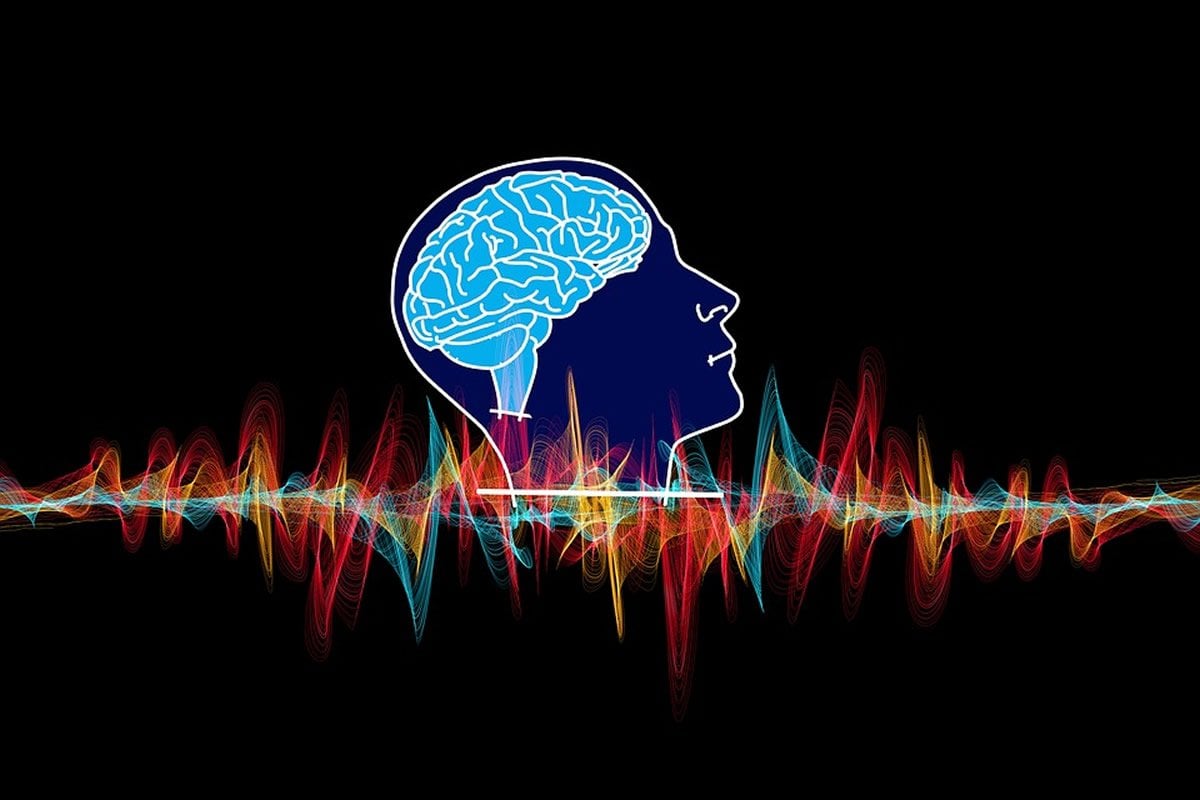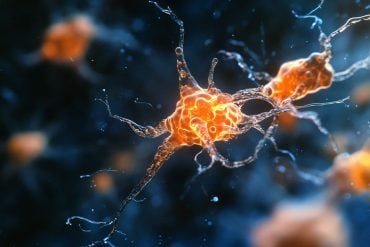Summary: Memory performance can be enhanced by rhythmic neural stimulation, using both invasive and non-invasive techniques.
Source: University of Birmingham
Controlling the frequency of ‘brain waves’ could help to improve people’s recall of memories and potentially provide a key to unlock conditions such as Alzheimer’s disease, according to a new article.
Brain oscillations occur during neural processes that are relevant for memory and using different approaches to drive these brain waves demonstrates a direct link to improving memory.
Neuroscientists at the University of Birmingham have reviewed research in the field and conclude that memory performance can be improved by rhythmic neural stimulation or ‘entrainment’ – using a range of invasive and non-invasive techniques.
Working with partners at Ruhr University Bochum, in Germany and Emory University Hospital, Atlanta, USA, they published their findings in a review article for the journal Trends in Neurosciences.
Dr Simon Hanslmayr, from the University of Birmingham’s Centre for Human Brain Health, commented: “We can modulate memory performance via rhythmic neural stimulation, which can be as simple as flickering light at a particular rhythm which then is followed by neurons in the brain.
“Much more research will be required, but it seems clear that driving brain rhythms in such a way is a promising tool for improving memory – both for healthy people and for patients suffering from conditions such as Alzheimer’s disease.”

Brain waves can be controlled in a number of ways. They can be modulated using sounds and images, as well as non-invasive electrical and electromagnetic oscillations. Neural oscillations can also be controlled using deep-brain electrical stimulation.
The researchers note that brain oscillations act on specific neural mechanisms affecting the formation, maintenance, consolidation and retrieval of memories. Investigating how these mechanisms are affected by brain oscillations will be vital in developing effective treatments of memory-related disorders.
Their review also raises a number of key questions for neuroscientists to consider, including:
- What is the therapeutic potential of entrainment?
- How do different stimulation approaches affect memory in tests using stimuli such as movies, augmented reality, and virtual reality?
- What neural mechanisms are affected by brain oscillations in different frequency bands and how do they impact formation and retrieval of memories?
Source:
University of Birmingham
Media Contacts:
Tony Moran – University of Birmingham
Image Source:
The image is in the public domain.
Original Research: Closed access
“Modulating Human Memory via Entrainment of Brain Oscillations”. Simon Hanslmayr, Nikolai Axmacher, Cory S. Inman.
Trends in Neurosciences. doi:10.1016/j.tins.2019.04.004
Abstract
Modulating Human Memory via Entrainment of Brain Oscillations
Brain oscillations in various frequency bands have been linked to memory processes.
Oscillatory entrainment refers to the modulation of neural oscillations that in the human brain can be achieved via three rhythmic stimulation approaches: sensory stimulation, noninvasive electric/magnetic stimulation, and invasive electrical stimulation.
Studies using different techniques of entrainment lend support to the idea that brain oscillations can modulate human memory, and suggest that oscillations are causally relevant for memory processes






